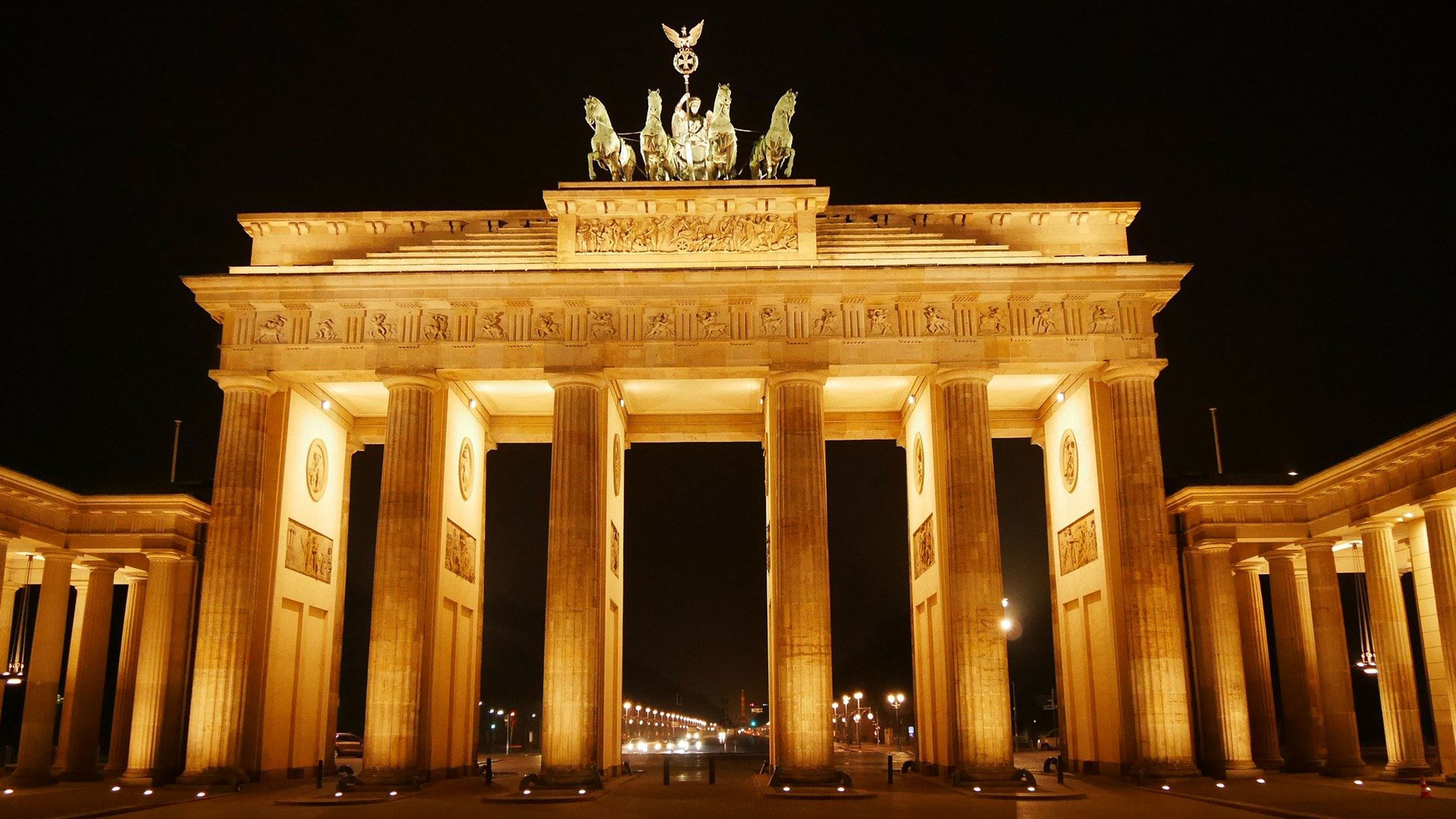My move has earned me the title expat – a word with a similar definition to the word immigrant, but dripping with much more privilege
The Brits at parties have a bit more tact than the Europeans. They at least wait a few questions before bringing it up, if they ever do. I’ve found the topic is often left unspoken, a comfortable silence knowing you’re both in the same uncertain situation.
When it does make its way into conversation, the question from Brits is different, ‘When is your appointment?’.
The German government made their intentions clear pretty quickly. British people are welcome here, so long as they arrive before the end of the transition period.
Quick to react, Germany’s new migration process has been in place since the start of 2019. British residents should apply for a residency permit with the local foreigners office in their state. In real life, that means fill in an online form, wait for your appointment.
So we all wait patiently, orderly, in true British fashion, from first arrived, to most recent, safe in the knowledge we’ll most likely get to stay. But anxious nonetheless about the country we’ve left behind.
My move has earned me the title expat – a word with a similar definition to the word immigrant, but dripping with much more privilege. Immigrants are defined as permanent residents of their new country; expats however, have yet to decide upon the length of their stay.
Advertising helps fund Big Issue’s mission to end poverty
But I have decided. Or rather, Brexit has made that decision for me. It has hung over my move here, like a storm cloud following me around the city.
I’ve spent a long time feeling anxious about what will happen in the UK now. The decision was pretty easy in the end. Not just for me, but the last of the lucky few that made it before the barriers, metaphorical or otherwise came slamming down on January 31.
It’s not that we’re crazy about Germany, necessarily, but when a country welcomes you with open arms, while the one you called home shuns your ideologies, the choice becomes simple.
The second question they ask you at parties here is ‘why did they vote for it?’
The media and onlookers here are just as confused and exhausted as we are
In part thanks to the European Union Germany was able to shirk its post-war outcast status within Europe and so a pro-EU stance permeates the country. They don’t understand who would want to leave.
The media and onlookers here are just as confused and exhausted as we are. Like the final stages of any break up it seems like they’ve reluctantly started to move on, knowing they’ll never have a proper answer, or ever find the positive side.
Advertising helps fund Big Issue’s mission to end poverty
A long, drawn out process has left them desperate to move on to other issues. They’ve packed the UK’s things in a box and left it with a friend. Once front page news feels relegated to a few meagre column inches here and there. This feeling probably says more about my mindset than theirs, though.
I grew desperate too. It became tiring thinking about Brexit and its consequences. It became so daunting, so dragging, that I chose to forget about it for a while.
First, I deleted social media from my phone, followed by ignoring news alerts and British radio channels. Finally, I stopped reading all British news sources. I no longer wanted to be constantly faced with the uncertain consequences of a decision I hadn’t voted for.
I remembered about Brexit last Thursday, at a work event.
‘Will you be sad next Friday?’ a German colleague asked. I was confused for a second, before I realised what next Friday was.
After 1300+ days of sadness, anger, anxiety and stress, I have moved on from worrying about Brexit. I have stopped referring to the UK as “back home”. I no longer treat my apartment like a temporary fixture. I quit fretting about the uncertain permanency of my decision to move. Brexit doesn’t worry me any more.
Advertising helps fund Big Issue’s mission to end poverty
‘No’, I told him. ‘I’m just a bit tired’.









